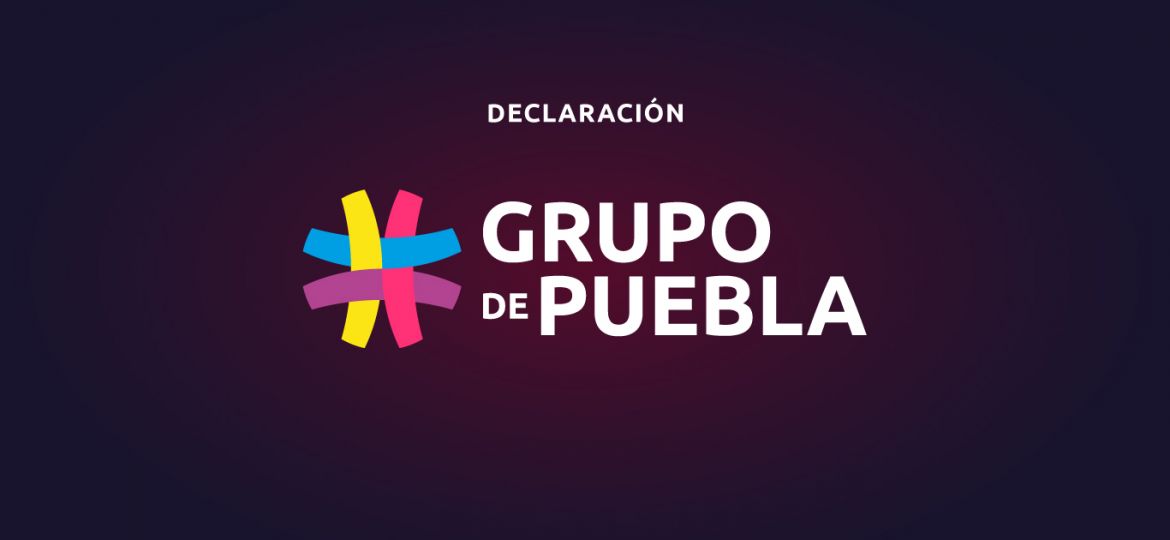
CONSIDERING THAT
Before the creation of the “Mais Médicos” (More Doctors) program, Brazil had a deficit of tens of thousands of doctors.
At that time Brazil had only 1.8 doctors per thousand inhabitants, a figure far below that of Latin American countries such as Mexico (2.8), Colombia (2.2), Uruguay (3.7) and Argentina (3.1) or countries such as Spain (4.0) and Italy (4.0).
This index, in the poorest regions of the country (North and Northeast), and even in the outskirts of the big cities, was even lower, of only one doctor per thousand inhabitants, which showed the terrible distribution of these health professionals in the Brazilian territory.
Of the more than 5,000 Brazilian municipalities, only 823 had one or more physicians per thousand inhabitants.
The More Physicians program, composed of three axes – long term structuring of the assistance network; professional training, to supply the lack of Brazilian professionals; and, finally, the mobilization of foreign professionals in view of the absence of Brazilian physicians in large areas – had in this last requirement the important participation of the Pan-American Health Organization (PAHO), through an agreement with the Brazilian government.
The More Doctors program, with the broad participation of Cuban doctors, brought basic health care to approximately 63 million Brazilians, who were excluded from essential public health services.
In a survey by the Federal University of the State of Minas Gerais, 95 percent of the program’s users evaluated it as very positive, highlighting the professionalism and humanitarian character of Cuban doctors.
The More Doctors program was approved by the Brazilian National Congress at its creation in 2013; in its extension in 2016, already after the coup to the Dilma government; and it did not suffer alterations when it was processed in 2019, already under the Bolsonaro government.
The More Doctors program was extensively analyzed by a control and inspection body (Tribunal de Contas da União do Brasil) and was considered constitutional by the Brazilian Supreme Court in 2017.
The contract signed with the Pan-American Health Organization (PAHO), whose objective was to support the implementation of the Mas Médicos program, and not only the mobilization of Cuban medical services, obeyed all the legal norms of the World Health Organization (WHO) and the UN System, in line with other partnerships of the Brazilian Health System with this organization.
The offer of international medical services is in accordance with the General Agreement on Trade in Services of the World Trade Organization (WTO) and follows the directives and regulations of the World Health Organization (WHO).
The exclusion of Cuban doctors from this essential health program in Brazil, motivated by the Bolsonaro government’s aggressions against Cuban doctors and Cuba, left nearly 30 million Brazilians without medical assistance, weakening the population and the Brazilian Public Health System in the scenario of the COVID-19 pandemic.
The history of bilateral partnerships and regional cooperation between Cuba and the countries of the Americas, including the provision of medical services and development of health technologies, with the participation of PAHO, over the years has contributed to the improvement of public health systems in the region and the achievement of the health goals of the Americas, the Millennium Goals and the Objectives of Sustainable Development (ODS).
The More Doctors Program research by PAHO, mandated by the Trump administration, began immediately after the payment of $60 million in U.S. debt.
The fact that the PAHO research of the More Medical Program was initiated without the knowledge of the Cuban government.
The research is driven by interests that are incompatible with those that should guide PAHO, creating a serious precedent that could impede, in the future, PAHO’s action in international cooperation programs that are fundamental for the health care of the Latin American population.
The research of the More Doctors by PAHO program, promoted by the Trump administration and the Bolsonaro government, has a clear political motivation and the objective of attacking the governments of the Workers’ Party in Brazil and the government of Cuba, in order to benefit the candidate of the US Republican Party and to interfere in the Brazilian municipal elections, at the same time as it harms all the countries of the region by blocking the action of PAHO.
THE GRUPO DE PUEBLA:
1. Applauds Cuba’s humanitarian effort in providing health services to underserved populations in dozens of countries around the world, which is especially important in the current situation of the COVID-19 pandemic.
2. Denounces the political-electoral motivation and the attack on the agencies of the UN system in the investigation underway at PAHO, promoted by the Trump administration and the Bolsonaro government, against Cuba and the governments of the Workers’ Party (PT).
Signers:
1. Dilma Rousseff
2. Luiz Inácio “Lula” da Silva
3. Alejandro Navarro
4. Fernando Lugo
5. Rafael Correa
6. Ernesto Samper
7. María José Pizarro
8. Gabriela Rivadeneira
9. Marco Enríquez-Ominami
10. Aloizio Mercadante
11. Ana Isabel Prera
12. Karol Cariola
13. Carlos Ominami
14. Carlos Sotelo
15. Celso Amorim
16. Andrés Arauz
17. Fernando Haddad
18. Daniel Martínez
19. Hugo Martínez
20. Mónica Xavier
21. Iván Cepeda
22. Guillaume Long
23. Cuauhtémoc Cárdenas
24. Esperanza Martínez
25. Clara López
26. Jorge Taiana
27. Beatríz Paredes


